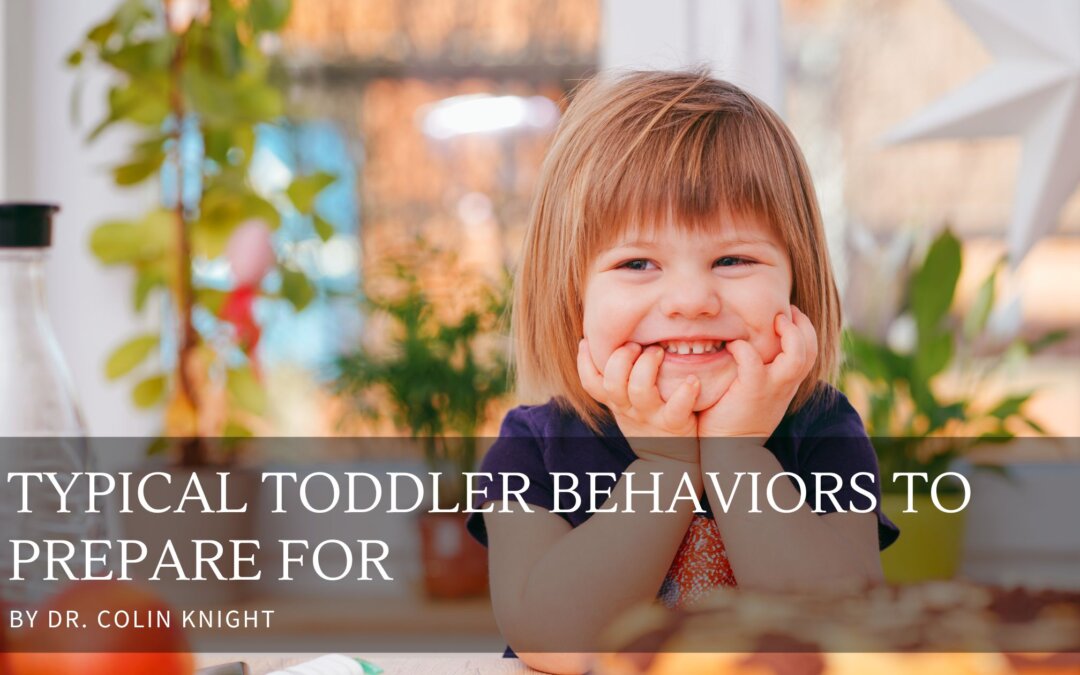Toddlers are notorious for their unpredictable and sometimes challenging behaviors as they navigate the world and assert their independence. Understanding what to expect can help parents prepare for and cope with these typical toddler behaviors. Here are some common behaviors to anticipate during the toddler years:
Temper Tantrums: Perhaps one of the most well-known toddler behaviors, temper tantrums are often triggered by frustration, fatigue, hunger, or a desire for independence. Toddlers may scream, cry, or even throw themselves on the floor when they don’t get their way. While tantrums can be frustrating for parents, it’s essential to remain calm and offer comfort and support until the child calms down.
Refusal to Cooperate: Toddlers are notorious for asserting their independence and may resist cooperation with simple tasks such as getting dressed, eating meals, or following instructions. This behavior is normal for their development as they test boundaries and assert their autonomy. Offering choices and providing positive reinforcement can help encourage cooperation while maintaining independence.
Exploration and Curiosity: Toddlers are natural explorers, constantly curious about the world around them. They may explore through touching, tasting, and climbing activities, often without regard for safety or boundaries. While it’s essential to encourage their curiosity and exploration, it’s also crucial to establish clear rules and supervise them closely to ensure their safety.
Testing Limits: Testing limits is typical behavior during the toddler years as children push boundaries to see how far they can go. This may manifest as defiance, backtalk, or resistance to rules and routines. Setting consistent boundaries and enforcing consequences for unacceptable behavior can help toddlers understand and respect limits.
Separation Anxiety: Many toddlers experience separation anxiety when separated from their parents or caregivers, especially in unfamiliar environments or when faced with new experiences. This behavior is a normal part of development and typically peaks between 18 months and two years of age. Offering reassurance, maintaining consistent routines, and gradually exposing toddlers to new experiences can help reduce separation anxiety over time.
Imitating Adult Behaviors: Toddlers are keen observers and often imitate the behaviors and actions of adults around them. This may include mimicking speech, gestures, and everyday activities such as cooking, cleaning, or caring for siblings. Encouraging positive role modeling and providing opportunities for imitation can help toddlers learn new skills and behaviors.
Emotional Outbursts: Toddlers may experience a wide range of emotions, from joy and excitement to frustration and sadness, often with little warning. Emotional outbursts are common as toddlers struggle to regulate their emotions and express themselves effectively. Providing comfort, validation, and support during emotional moments can help toddlers learn to manage their feelings and develop emotional resilience.
